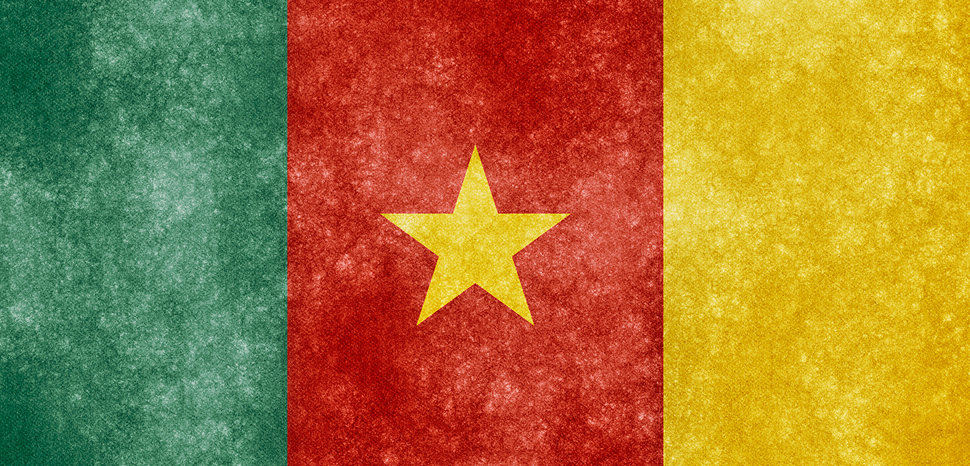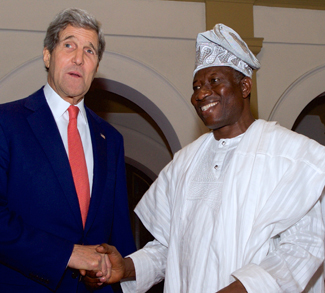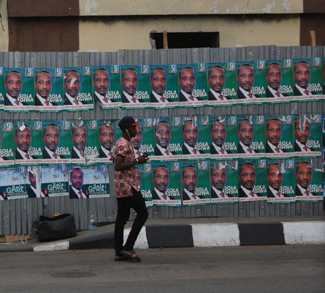Summary
Sectarian tensions have been on the rise in Cameroon over the past few months. What started as a mass protest of Anglophone lawyers and teachers against limitations on the use of English is gradually turning into a major identity conflict that risks degenerating into a full-fledged civil war. If this happens, the country will plunge into instability which, in turn, will likely spill over into neighboring countries like the already turbulent Nigeria.
Background
Cameroon is a West African country with roughly 25 million inhabitants, and is demographically heavily fragmented. The first divide is religious, as the north is prevalently Muslim in contrast to a predominantly Christian south. The second is ethno-linguistic: Cameroon is home to more than 200 groups speaking different languages. And to further complicate things, its colonial past left a further bifurcation in terms of language. Most of the country is French-speaking, but the people living in the southwest along the border with Nigeria are Anglophones. These linguistic divides are causing tensions that are growing in intensity and violence.
To understand Cameroon’s current situation, one must go back into its history. Once a German colony, it was partitioned between France and Great Britain in the aftermath of WWI. The French part gained independence in 1960, and the following year the British area voted to form a single state with the former, thus creating the Federal Republic of Cameroon. But even on that occasion the beginnings of division were evident, as a portion of the former British colony voted instead in favor of joining English-speaking Nigeria. In 1972, a constitutional reform abolished the federal polity and made of Cameroon a centralized state. Since then, members of the Anglophone minority have felt marginalized in economic, political, and cultural terms.
This underlying tension has deepened with time, and last year it erupted into mass protests by lawyers and students over the use of English. It wasn’t long before these protests brought about a confrontation with the central government. Security forces were deployed in the area as local militants started taking up arms to fight for a self-proclaimed state of “Ambazonia.” Violent episodes were reported on both sides, with police and military forces accused of brutal repression and the armed militias blamed for attacks against the government and suspected collaborators.
Unsurprisingly, there are underlying economic issues at stake here. The English-speaking regions of Cameroon are quite rich in natural resources such as timber, minerals, and most importantly oil, which is concentrated in the Bakassi Peninsula on the border with oil-rich Nigeria. While Cameroon’s reserves are but a fraction of Nigeria’s, the fact remains that most of the countries deposits are located in the Anglophone regions. Local populations in these areas complain that the government, dominated by the French majority, is collaborating with foreign oil companies to exploit these deposits without giving them any share of the riches. Similar situations exist with regards to mineral resources and plantations, even though these problems are not exclusive to the English-speaking regions. The appropriation of land by the government and by overseas firms to cut the forest and transform the territory into vast plantations (notably for producing palm oil) is causing grief among local inhabitants.
Finally, there is an environmental dimension. Oil extraction, mining, land appropriation and deforestation are damaging the environment, with detrimental effects for living conditions in the form of pollution, reduced agricultural output, lack of drinkable water, etc. Considering that Cameroon is located across the Equator and is (like most of Sub-Sahara Africa) greatly exposed to climate change, this is definitely not positive for the long-term prospects of economic growth and the stability of the country.




